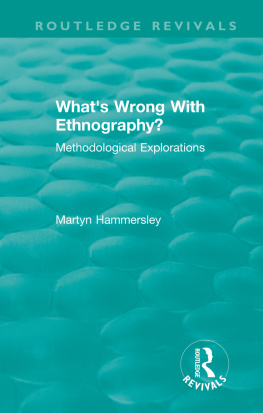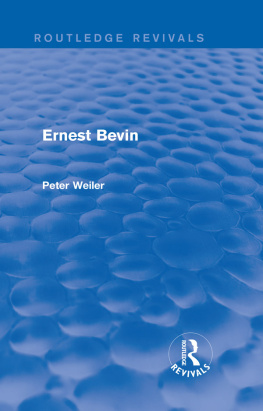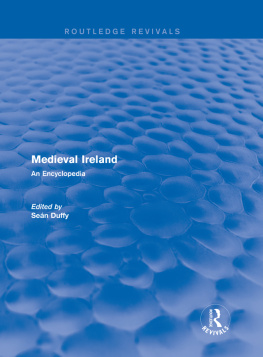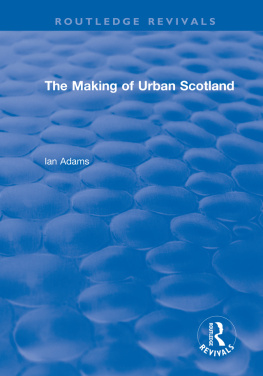Routledge Revivals
Science at the Cross Roads
The papers given by the Soviet Delegation to the Second International Congress of the History of Science and Technology in London in 1931, headed by N. I. Bukharin, exerted a profound influence on Western historiography of science. Perhaps the most influential contribution was that of Hessen, who made a long and classical statement of Marxist historiography, taking Isaac Newton as his example. The collection, which appeared in Britain at the height of the Depression, fostered an acute social awareness and a heated debate among many working scientists. Accredited by some as the starting point of a new evaluation of the history of science, the book reflects the huge social and economic divide between Socialism and Capitalism present at the time of publication, and its influence on intellectual culture and scientific advancement.
Science at the Cross Roads
Papers from the Second International Congress of the History of Science and Technology 1931
N. I. Bukharin et al.
First published in 1931
Second edition 1971
by Frank Cass and Company Limited
This edition first published in 2013 by Routledge
2 Park Square, Milton Park, Abingdon, Oxon, OX14 4RN
Simultaneously published in the USA and Canada
by Routledge
711 Third Avenue, New York, NY 10017
Routledge is an imprint of the Taylor & Francis Group, an informa business
1931, 1971 Frank Cass & Co. Ltd
All rights reserved. No part of this book may be reprinted or reproduced or utilised in any form or by any electronic, mechanical, or other means, now known or hereafter invented, including photocopying and recording, or in any information storage or retrieval system, without permission in writing from the publishers.
Publishers Note
The publisher has gone to great lengths to ensure the quality of this reprint but points out that some imperfections in the original copies may be apparent.
Disclaimer
The publisher has made every effort to trace copyright holders and welcomes correspondence from those they have been unable to contact.
A Library of Congress record exists under LC control number: 74171262
ISBN 13: 978-0-415-82513-9 (hbk)
ISBN 13: 978-0-203-38393-3 (ebk)
Published by
FRANK CASS AND COMPANY LIMITED
67 Great Russell Street, London WC1B 3BT
First edition | 1931 |
Second edition | 1971 |
ISBN 0 7146 2868 9
Printed in Great Britain by Biddles Ltd., Guildford, Surrey
EDITORS NOTE
Forty years ago this year, the IInd International Congress of the History of Science and Technology was held in London. The Congress of 1931 was overshadowed by the world-wide crisis. It could easily have passed unnoticed, yet it was destined to become a milestone in the historiography of science, and to make a profound and indelible impression upon some of its most promising young participants. The unexpected appearance of a large delegation from the USSR presented Western historians, many for the first time, with a sustained Marxist treatment of social and economic factors as elements in scientific and technological development. The collective impact of these views, presented in Science at the Cross Roads, launched an historiographical debate which in many respects remains relevant today.
For many years this volume has been out of print and virtually unobtainable. The occasion of the XIIIth Congress of the History of Science and Technology in Moscow in August 1971 has provided a natural opportunity for reprinting and reflecting upon this influential work forty years on. By way of introduction we have brought together the reflections of one of the most distinguished participants of the Congress, and the fresh research and interpretations of a young historian. Today, as the historiography of science is undergoing close reappraisal, the study of science in its social context is compelling wide international attention. Readers of Science at the Cross Roads in 1971 will judge for themselves the strengths and weaknesses of the arguments presented. But it is within this context of reappraisal that the Essays of 1931 have still an instructive role to play.
Foreword
by
Joseph Needham, F.R.S.
Master of Caius College, Cambridge
In this volume a group of contributions presented to the Ilnd International Congress of the History of Science, held at London in 1931, by a Soviet delegation headed by N. Bukharin, againdeservedlysees the light. Published together at the time by the Russian Foreign-Languages Press, Kniga, under the title Science at the Cross Roads, they circulated for some time in book form, but the volume soon went out of print and has long been very scarce. As one of the few remaining members of that congress I am pleased to write a foreword for this reprint.
The Congress occurred at a particularly important time for me. The year 1931 saw the publication of my three-volume Chemical Embryology, the first volume of which was partly taken up by a study of the history of embryology down to the beginning of the nineteenth century. This was intended to preface my account of the incursion of biochemistry into the morphological and developmental sciences. In working on this historical introduction I had got to know Charles and Dorothea Singer, and my wife and I had started that long friendship with them which lasted down to their deaths in recent years. We often used to spend week-ends or whole weeks with them in London and later at Kilmarth in Cornwall. I was thus able to make use of Charles Singers wonderful personal library in its romantic setting overlooking St. Austell Bay, and always tried to acknowledge my debt to himas for example in the dedication to the separately published History of Embryology, which came out in 1934. It was therefore natural enough for me to attend the International Congress in London in 1931; and having for a long time already been on the left politically I was very ready to give a sympathetic hearing to the Russian delegationunexpectedly heavy-weight in characterwhich made its appearance at the Congress. The same perhaps could hardly be said of all the other members, and one of my most vivid recollections is of Charles Singer in the Presidential chair, trying to shut the Russians up, when they had had their twenty minutes, by the aid of a large ships bell which he continuously rang. They, of course, had come expecting to be able to speak for hours.
Perhaps the outstanding Russian contribution was that of Boris Hessen, who made a long and classical statement of the Marxist historiography of science, taking as his subject of analysis Isaac Newton. Here was a paradigm of the traditional history of science, so great a genius that he could not have been influenced by his environment at all, and certainly not by a sub-conscious appreciation of the needs of the society of the rising bourgeoisie of the seventeenth century. To suggest such a thing was, in terms of conventional thinking, almost a sacrilegious act, in any case culpable of lse-majest. Yet this was the case Hessen worked out in extenso, tripping over proper names and making mistakes of detail on the way, but producing a veritable manifesto of the Marxist form of externalism in the history of science. Newton had not, it seemed, lived his life in a vacuum, he had been aware of the practical needs of the early capitalist society of his time, and the subjects in which he interested himself, however far they took him among the stars and planets, or to the confines of theological thought, were in fact those where solutions and new starts were neededfor applied mathematics, hydrodynamics, navigation, ballistics, mechanics, metallurgy and the like. This essay, with all its unsophisticated bluntness, had a great influence during the subsequent forty years, an influence still perhaps not yet exhausted; hence its present reprinting is to be welcomed. Whether or not I was actually one of the audience when Hessen gave his lecture I cannot clearly remember, though I think I was; at all events he must have been suppressed by the bell before he had got very far with his epoch-making text.










